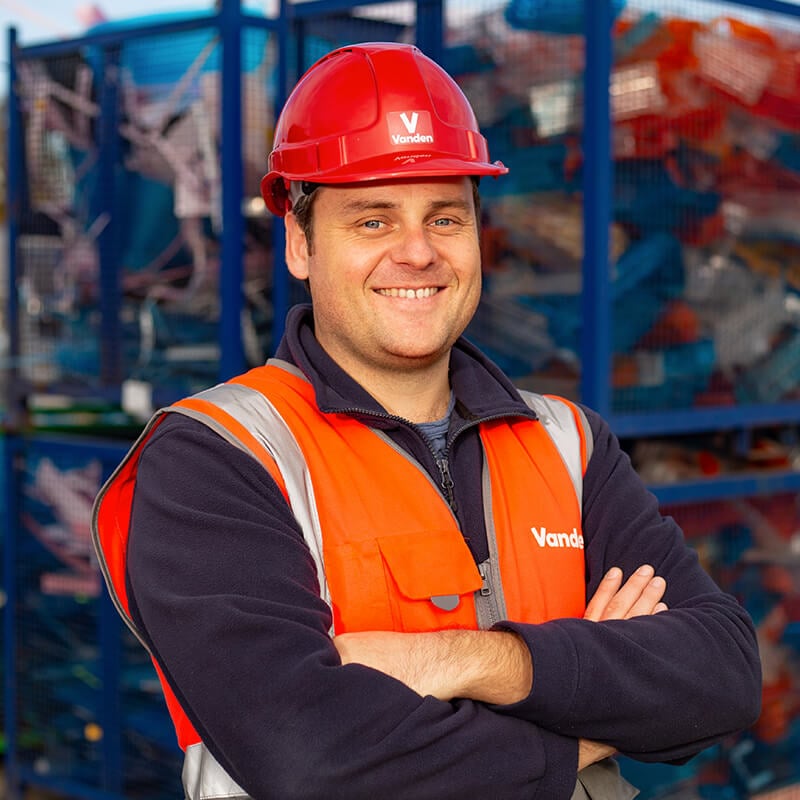Often seen as little more than a buzzword, the true value of sustainability is lost as many corporates only look to pay lip service to the concept. But it can be a powerful ethos for both your business and the environment.
Sustainability can have huge benefits for a business. It’s something that resonates with both consumers and investors, helping to improve your bottom line and environmental credentials.
But it can be so much more than that. Sustainability can reinvigorate colleagues, improve processes, create new ways of working, and make you more attractive to skilled workers in the industry. Here are just a few ways you can turn sustainability from the buzzword people feel they have to use, to something that changes the way your business performs.
Better recruitment and staff morale
Having clear sustainability goals can enhance your appeal to new recruits, giving you access to a wider pool of talent as well as improving employee morale and staff retention. Skilled workers want to work for a business that is ethical, particularly if those workers have multiple career options. Make sure you’re the one to provide it and you’ll also reap the rewards.
New talented recruits and a reinvigorated workforce can act as a catalyst for innovation and help ensure the longevity of your business by constantly looking at ways to improve sustainability and efficiency within the company.
On average, losing and replacing a fantastic employee can cost a business at least £11,000. So, focusing on creating a strong and respectable employer brand through valuable commitments such as sustainability can reduce recruitment and marketing costs, and the money can instead be invested back into your core business.
Better processes
By educating your employees about the downstream impacts of correct and improved procedures, such as the correct segregation of plastic, you can ensure that any post-production scrap plastic can be inserted quickly and easily back into the supply chain. This also provides peace of mind that your scrap will be treated in the correct way, safeguarding its potential to be recycled.
It’s also important to explain to employees why these processes are in place. It makes a process far more rewarding if you understand the reason behind it, I.e. helping to create or be part of the circular economy to satisfy customer needs.
What’s in it for them? Better job satisfaction, security and positive rewards at work.
Engaged staff. New ideas.
Many brands find their attempts at sustainability fall flat because they are perceived as either shallow reactions to public outcries over waste, or they do not necessarily align with how the business has previously operated. In other words, it does not feel authentic.
These surface-level initiatives come under public scrutiny for being nothing more than marketing campaigns operating under the guise of sustainability. Companies that have succeeded can answer the questions, ‘who are we?’ and ‘why do we exist?’, acting as a human-centric community first, and a profitable machine second.
By engaging and embedding authentic sustainability values across all levels of the business, and encouraging a creative and open working environment, you will likely discover some of the most disruptive and innovative ideas begin to form.
For example, it was the factory workers at PG Tips that recognised that there was a huge amount of wastage in the production of their paper teabags. They suggested that the end seals of the bag be reduced. The seals were subsequently reduced by 3mm, saving 15 reels of paper every shift. This factory floor suggestion resulted in a saving of nearly £43,000 and 9.3 tonnes of paper in one year.
Integrating sustainability into the job of every employee and relating it to their everyday role turns it from an extra chore into a ‘business as usual’ model, as all decisions will be executed through the lens of sustainability.
The big picture
A comprehensive commitment to sustainability and transparency across the supply chain is vital. Sustainability needs to become a core principle within a business, especially one that uses and works with plastic, and everyone within it needs to be aware of what it truly means to the business and why it is so important.
How will your decision impact the wider supply chain? For instance, there has been much talk about brands switching to alternative materials such as bio-plastics - despite it being labelled as ‘compostable’, its production is energy intensive and is likely to end up in a landfill. The fact remains that we are lacking in the appropriate infrastructure and focus on segregation at source.
Currently, firms that produce plastic scrap are relying on traditional waste management services, rather than a plastic recycling specialist like Vanden. This means businesses are missing out on solutions that can improve their core business, as well as maximising the value from scrap plastic.
Working with a specialist plastics reprocessor and trader, like Vanden, means working with a partner who is committed to guiding you through the process of evolving your supply chain to maximise its recycling potential.
See how we partner with various business, such as the one in the video below, to improve how they deal with their plastic and help sustainability become part of their mission and vision.






Tell us what you think...